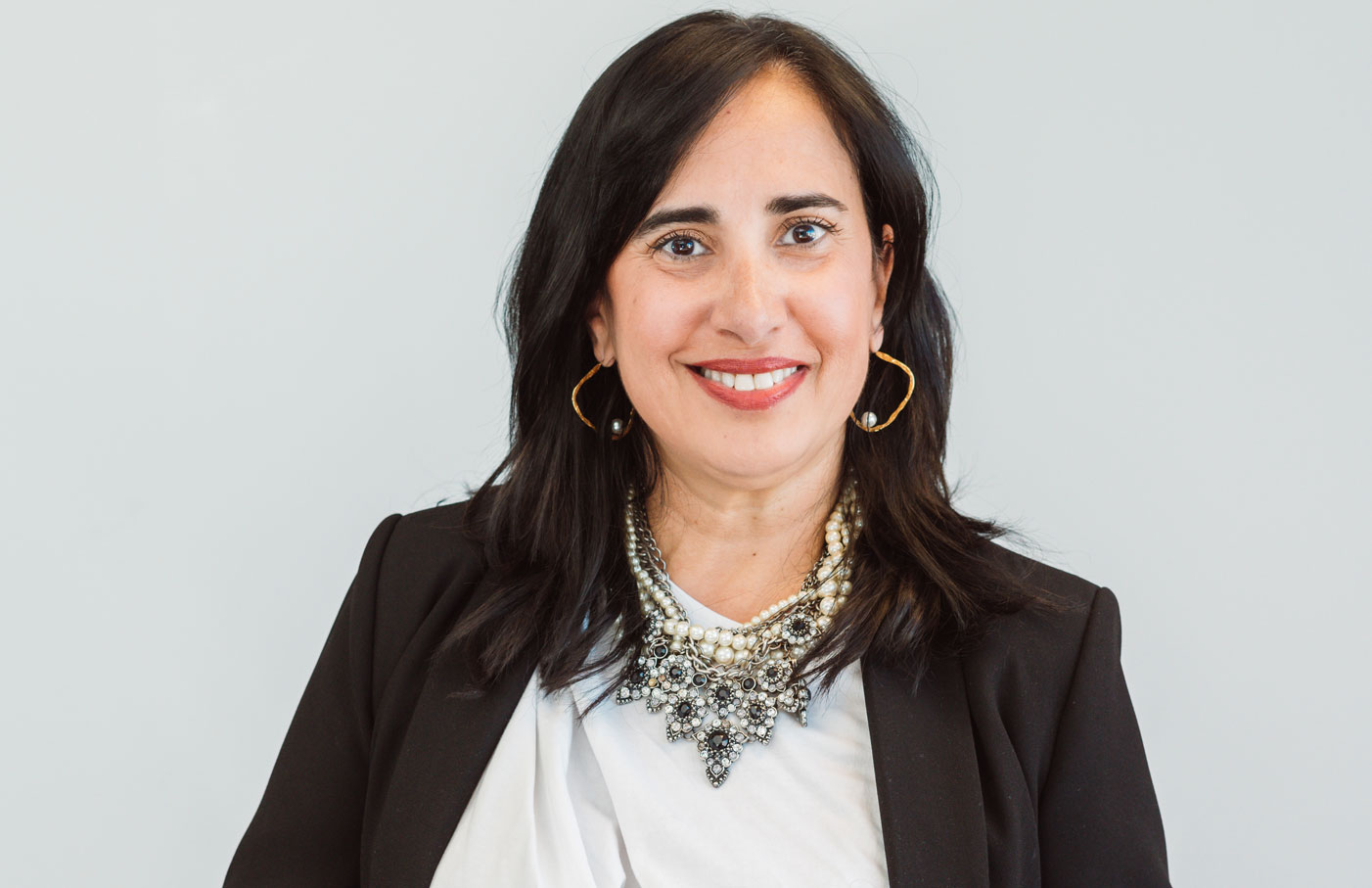Estonia attracts new Brazilian entrepreneurs

Expanding business to Europe is no longer a distant dream for Brazilian entrepreneurs. With broad incentives for innovation and de-bureaucratized processes, Estonia has become an advantageous option to start the process of internationalization of companies. This innovative environment made Raphael Fassoni leave Brazil to undertake in Estonian territory. A specialist in strategic consulting at Harvard, he migrated in 2018 and started the process of creating the Estonia Hub, a company focused on generating new business and partnerships between Brazilians and Estonians in the public and private sectors.
Located in northern Europe, Estonia is considered the most digital country in the world, according to the portal. wired, and currently hosts unicorns - global startups - such as Bolt, Skype, Wise, the former Transferwise, and Pipedrive. Technology is also incorporated into public management, which provides 99% of services on online platforms and has a bold program to encourage the opening of new companies, mainly in the area of information technology. the official website e-Estonia gathers these and other data on how the country's digitization policy occupies a central place in Estonian development.
According to Fassoni, the innovative environment in the country is quite productive. As an example, he cites the results achieved by the Estonia Hub in its first three years of existence: in all, support was given to the establishment of ten startups in Estonia, delegations were organized, 15 digital missions and more than 100 meetings that connected more than a thousand people. “Our initial objective was to support one large project per year, we are reaching an average of two on larger scales and surpassing all other goals”, he says.
Estonia's potential also caught the attention of Brazilians Thiago Huver and Renato Martins. Partners at Martins Castro Consultoria, a Portuguese company operating in seven countries, they saw the Estonian digital environment as an opportunity to expand the company's operations in the area of international mobility and legal services for the country. According to Thiago Huver, who specializes in Private International Law, Estonia presents itself as an opportunity that aligns with Martins Castro's purpose of connecting people in a 360° approach that involves everything from planning, documentation to relocation in a new country. . He also highlights the fact that the Estonian environment has been named the most entrepreneurial in Europe by the World Economic Forum.
Another factor that can be positive for companies and entrepreneurs, according to Estonia Hub co-founder Raphael Fassoni, is that being in Estonia means being integrated into the European Union market and having commercial access to other countries in the bloc. He explains that the country is not the only commercial target, but the place to have a base for action. “The company and the entrepreneur will be able to do tests, seek investors, mentors and identify other markets in Europe. For that, it is necessary to remain relevant and innovative because everything here is very dynamic. Basically, this has been the operating formula for startups that are achieving success.”
This context of constant movement and innovation was also observed by Thiago Huver. On a visit to the country, he closely observed the established digital management processes that have turned Estonia into a highly attractive hub for new ventures. “The technological evolution experienced by Estonians is impressive, they are the third in Europe in number of startups per capita and they have constantly attracted talents”, he says, reinforcing that, currently, 25% of workers in information technology companies are foreigners. , according to the Estonian government.
By mapping more than 250 local companies, the specialist in Private International Law realized that Estonians are open to Brazilians. “Today, Brazil is seen as a barn of talent in the technological and innovation area, Estonia knows this and has facilitated access for entrepreneurs and liberal professionals”. For those interested in investing or working in the country, Huver says that the first step is to define the type of bond that will be established.
He explains that, if you are going to undertake remotely without migrating to Estonia, it is necessary to open an activity through the e-residency or digital citizenship system. If the option is to move to the place, a business and residence visa is required. “Like every European country, Estonia has rules for foreigners to settle in its territory. With specialized services, in less than two months, the situation tends to be resolved”.
Published on the portal Earth

"A few years ago, Portugal made changes to make access to citizenship more humane."
In an interview with the Portugal Giro column of the newspaper O Globo, legal expert Isabel Comte analyzed the impact of the changes to […]

Transmission of Portuguese nationality to family members: requirements, steps and points to consider.
Nationality for spouses: when does the right exist? Access to Portuguese nationality through marriage is based on the length of the union and […]

Nationality processes: how to identify real opportunities to speed up the decision.
The duration of a nationality process depends primarily on factors internal to the Registries. Among the main ones are the lack […]